
OR
Hotels, restaurants prohibited from charging extra VAT and service charges
Published On: October 21, 2022 06:22 PM NPT By: Samiksha Shrestha
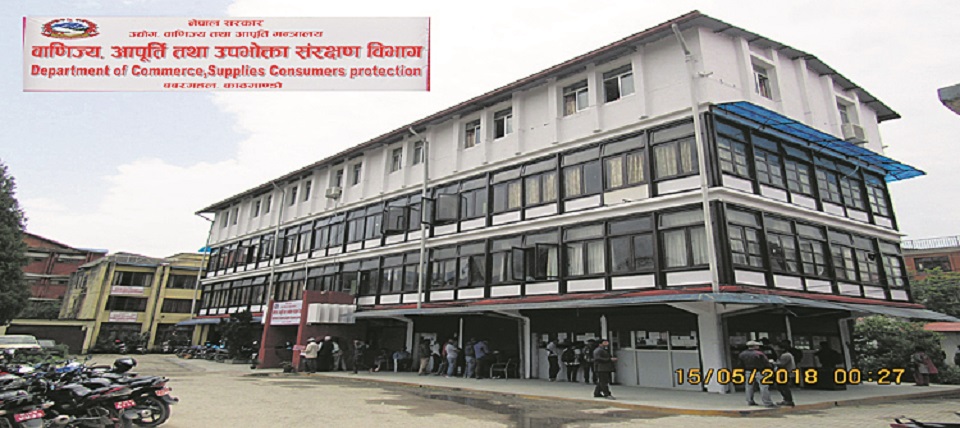
KATHMANDU, Oct 21: Department of Commerce, Supplies and Consumer Protection (DoCSCP) has directed hotels, restaurants and bars to include all the applicable charges, VAT and taxes as per the market price in the price menu.
The DoCSCP issued a notice to this effect on Thursday as per the verdict issued earlier by Kathmandu District Court (KDC). The KDC had ordered hotels, restaurants and bars not to charge any extra cost such as VAT and service charge at the time of billing except the price listed in their menu.
Although there is provision mentioned about miscellaneous tax, extra charges and the rights of the consumers in the Consumer Protection Act, 2018, the provisions relating to Consumer Protection makes it mandatory to inform consumers the price, quantity, purity, quality of goods or services. Although Section 4 of the same Act makes provisions to prevent and control the price determined or increased in an undesired manner by the producer, seller or distributor of the goods or services, hotels and restaurants have been levying service charge, VAT, on food and beverage.
Director at Department of Commerce, Supplies and Consumer Protection Homnath Bhattarai said that it is prohibited to add 13 percent VAT and 10 percent service charge to the bills according to Value Added Tax Regulations 1996. “We request every business including hotels, restaurants to implement the rules and if they are found violating the rules, action will be immediately taken upon them, they can be charged fines, and even taken into custody,” he said.
Inspection Officers are granted special rights to take control over those untoward activities. “We had conducted a meeting with Hotel Association Nepal (HAN) and its umbrella organizations. We came to an understanding relating to this issue,” said Director Bhattarai. “There will be strict inspection on the basis of regular monitoring, emergency inspection and monitoring based on complaint.”
You May Like This

Expired beer worth Rs 8.2 million confiscated
KATHMANDU, FEb 16: The Department of Commerce, Supplies and Consumer Protection has confiscated date-expired beer worth Rs 8.2 million. ... Read More...
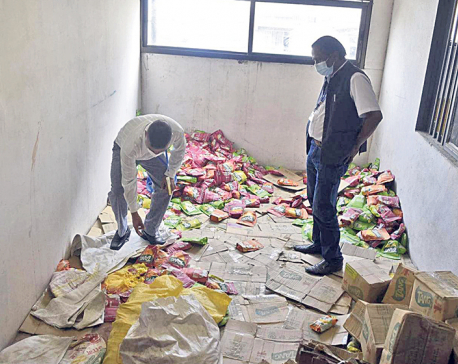
One-year jail term, fine slapped on traders for relabeling expired food items
KATHMANDU, Nov 8: The Department of Commerce, Supplies and Consumer Protection has slapped one- year imprisonment and fine on those... Read More...

Govt decision to fix maximum retail price of bottled water lands into controversy
KATHMANDU, Aug 12: The Department of Commerce, Supplies and Consumer Protection (DoCSCP) on Monday fixed the maximum retail price of the... Read More...




Just In
- Nepalgunj ICP handed over to Nepal, to come into operation from May 8
- Nepal to gift two elephants to Qatar during Emir's state visit
- NUP Chair Shrestha: Resham Chaudhary, convicted in Tikapur murder case, ineligible for party membership
- Dr Ram Kantha Makaju Shrestha: A visionary leader transforming healthcare in Nepal
- Let us present practical projects, not 'wish list': PM Dahal
- President Paudel requests Emir of Qatar to help secure release of Bipin Joshi held hostage by Hamas
- Emir of Qatar and President Paudel hold discussions at Sheetal Niwas
- Devi Khadka: The champion of sexual violence victims



_20240423174443.jpg)






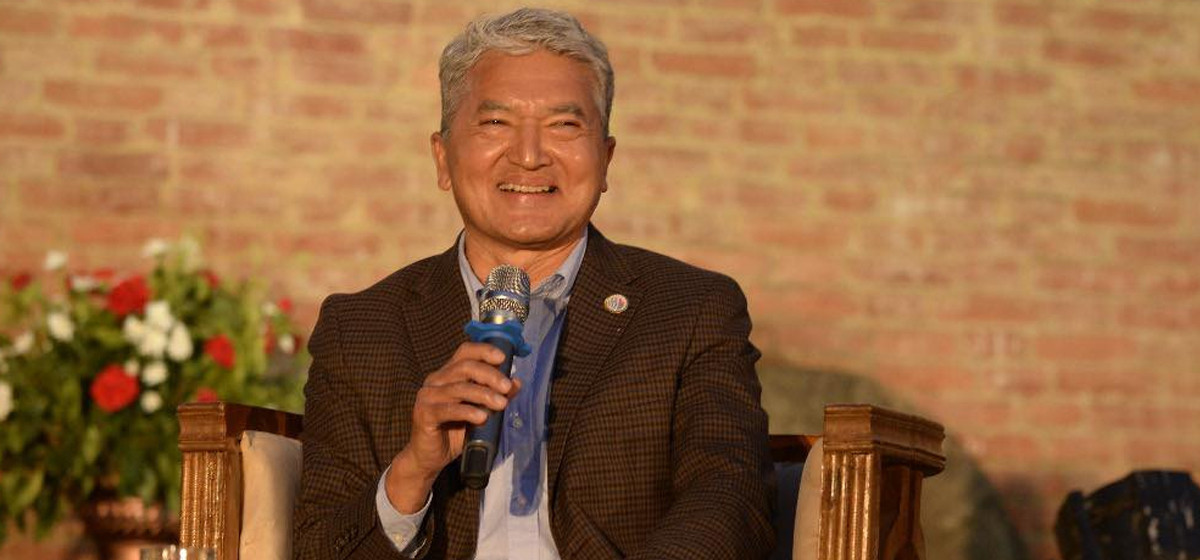
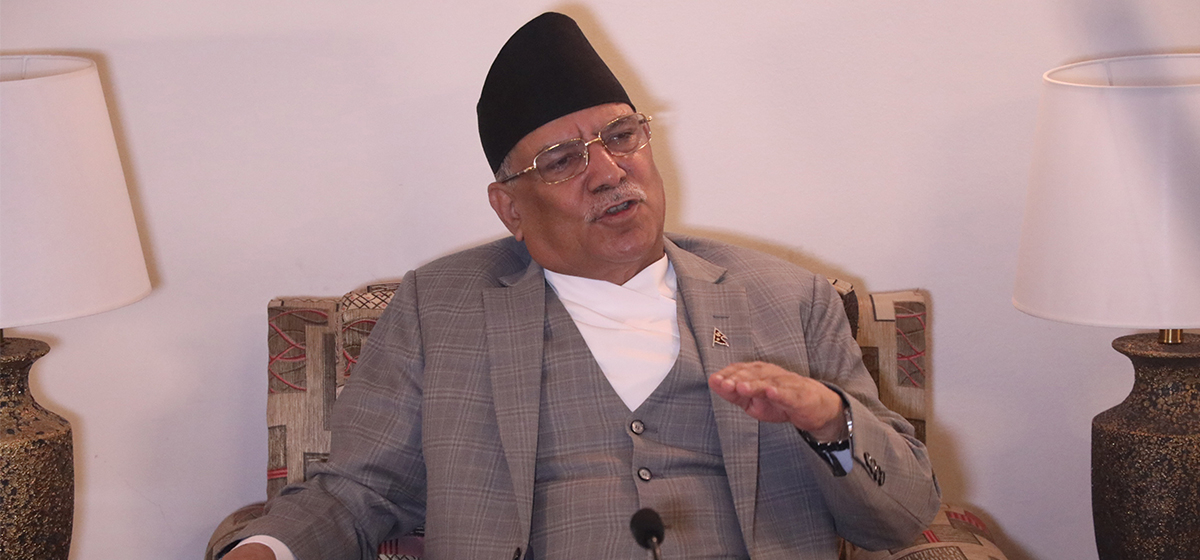

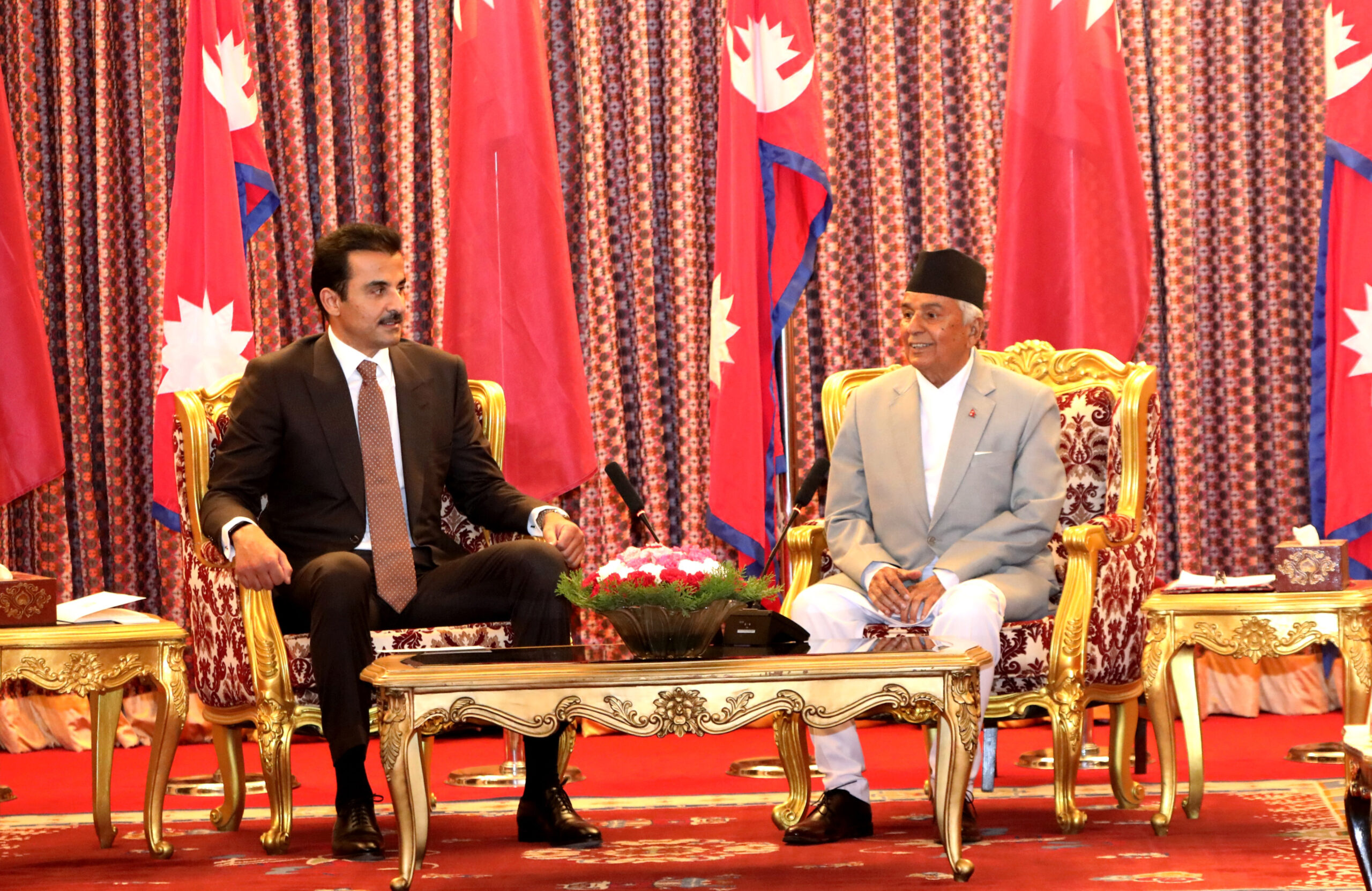
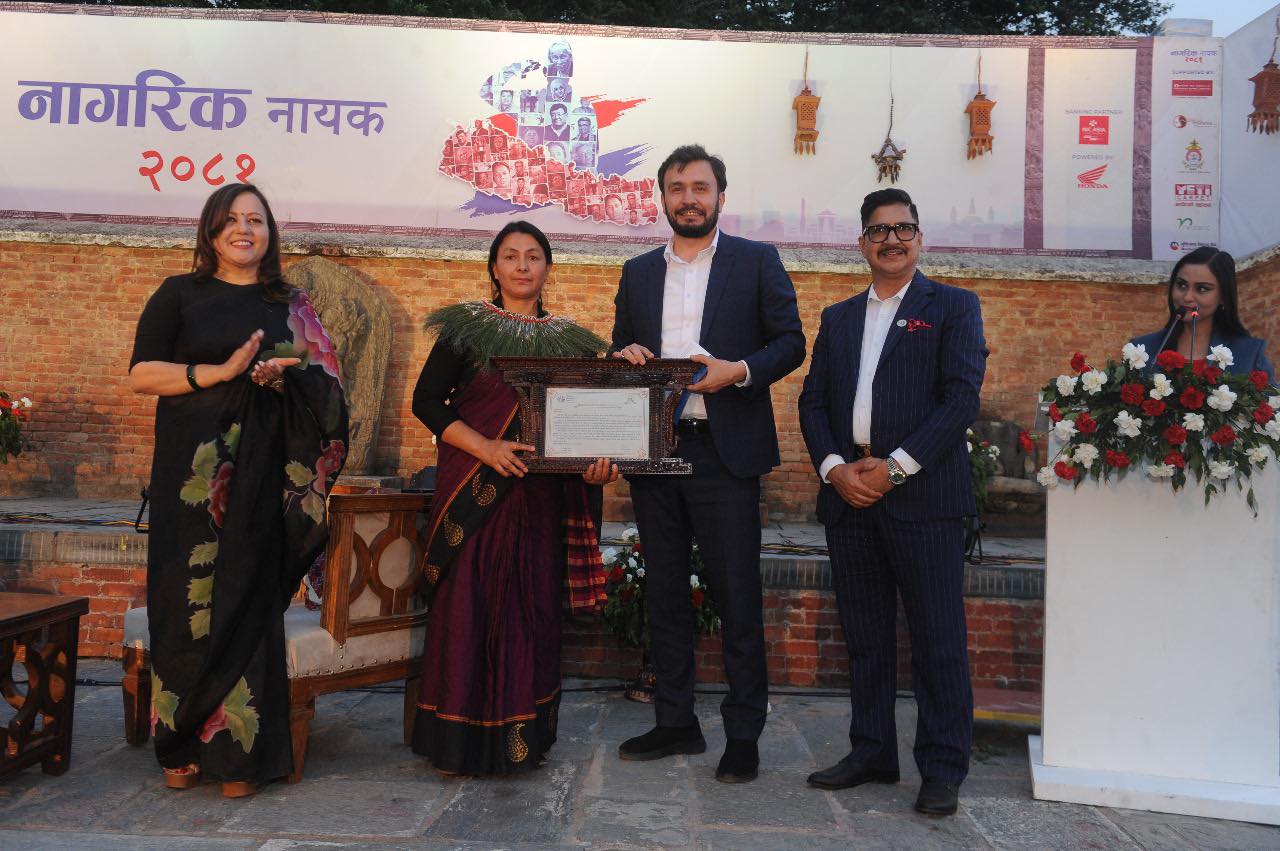
Leave A Comment